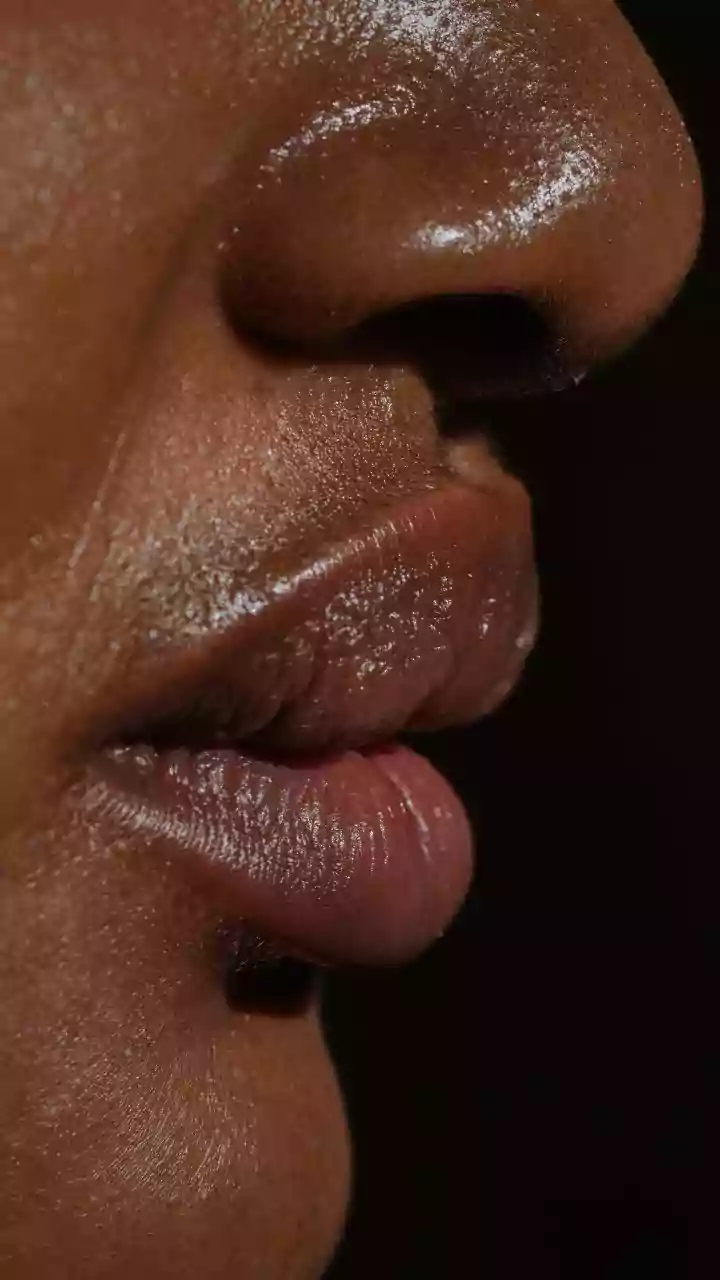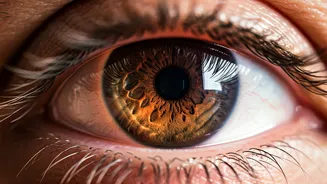Acne: The Basics
Acne is a widespread skin condition that affects people of all ages, though it's particularly common during adolescence. It happens when hair follicles
get clogged with oil and dead skin cells. This obstruction can lead to the development of pimples, blackheads, and whiteheads. Several factors contribute to acne, including genetics, hormonal changes, and the presence of bacteria. Understanding these underlying causes is crucial in effectively managing and treating acne. It involves more than just addressing the symptoms; it is about identifying the root causes to prevent future breakouts and improve skin health. The advice of a dermatologist can be very helpful to get started on the path to clearer skin.
Myth 1: Food Causes Acne
One persistent myth suggests that what you eat directly causes acne. However, dermatologists often debunk this notion. While some individuals might find a link between certain foods and their skin, it's not a universal truth. The reality is that a person's diet has a limited impact on the development of acne. Factors like hormonal fluctuations, genetics, and bacterial activity typically play a bigger role. Dermatologists frequently advise against completely restricting foods unless a clear association with breakouts is found. Instead, a balanced diet supporting overall health is generally sufficient, as it provides the essential nutrients needed for maintaining healthy skin. It's also important to identify what personal triggers are, rather than to adopt broad restrictions.
Myth 2: Cleanliness Prevents Acne
The idea that frequent washing prevents acne is another common misconception. While good hygiene is crucial for overall health, over-washing the skin can actually worsen acne. This is because excessive cleansing can strip the skin of its natural oils, leading to dryness and irritation. When the skin becomes dry, it may overproduce oil to compensate, potentially clogging pores and promoting acne. Dermatologists recommend gentle cleansing routines that avoid harsh soaps and excessive scrubbing. It's also important to understand that acne is not a result of dirt, but of factors occurring beneath the skin surface. The most important way to improve skin health is to develop a sustainable skincare routine.
Myth 3: Acne Is Untreatable
A common misconception is that acne is a problem without a solution. Luckily, this is false. Modern dermatology offers many effective treatments for acne, from topical creams to oral medications. The choice of treatment depends on the severity and type of acne, as well as the individual's skin type and overall health. Options may include benzoyl peroxide, salicylic acid, retinoids, and, in more severe cases, antibiotics or isotretinoin. Professional help from a dermatologist is crucial to develop the correct treatment plan. With the right care, acne can often be effectively managed. Many people successfully treat their acne and maintain clear skin over time. The specific options and duration depend on the needs of the person.
Myth 4: Only Teens Get Acne
Although acne is common during the teenage years, it's a myth that it only affects adolescents. Adult acne is a growing problem, with many adults experiencing breakouts well into their 20s, 30s, and even beyond. The causes of adult acne can vary, including hormonal imbalances, stress, and the use of certain skincare products or medications. Furthermore, environmental factors also contribute to acne. Managing adult acne often requires a different approach compared to teenage acne. This might involve tailored treatment plans that consider factors like skin sensitivity and lifestyle choices. Recognizing that acne is not just a teen problem highlights the need for ongoing skincare adjustments.
Myth 5: Popping Pimples Helps
One of the most misguided approaches is popping pimples. While it might offer temporary satisfaction, this practice can worsen acne. Popping pimples can push bacteria and inflammation deeper into the skin, leading to increased inflammation, scarring, and more breakouts. Dermatologists strongly advise against picking or squeezing pimples. Instead, the focus should be on gentle cleansing, using appropriate topical treatments, and seeking professional care. Over-the-counter remedies can also help. Patience is key; it’s more important to treat the root cause, rather than popping the pimple. Consulting a dermatologist to create a skincare plan offers a more effective and safe strategy for managing acne and preventing its side effects.
















